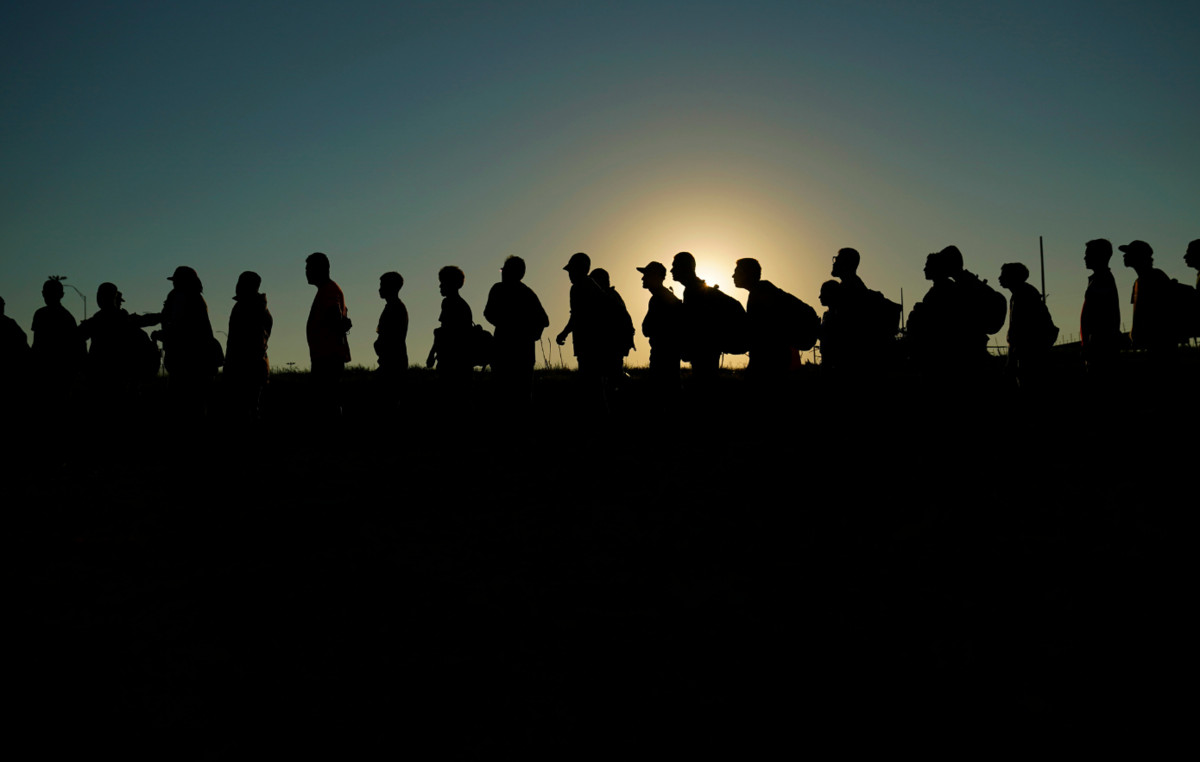when the election of the new president Mohamed Bazoum elected on February 21 has just been validated by the Constitutional Court, and that he must very soon take power, the country is far from celebrating. And the democratic transition which promises to be unprecedented in Niger, accustomed to coups d’état, seems to be swept away by the national mourning which now punctuates the daily lives of Nigeriens. It must be said that the recurrent attacks by Islamic armed groups illustrate a not very reassuring development in the field of terrorism, the biggest challenge facing the new head of state at a pivotal moment in the country’s history.
In less than a week, Niger was struck in its western part near Mali by the deadliest attacks committed in recent years which have left nearly two hundred dead. They have not yet been claimed, but there is no doubt that the jihadists of the Islamic State group in the Greater Sahara are behind these acts. They have already committed similar killings in the region. “In the afternoon of Sunday March 21, the localities of Intezayane, Bakorat, Woursanat and several other hamlets and camps located in the department of Tillia, region of Tahoua, were the object of an attack perpetrated by armed bandits “which” resulted in the death of 137 people “, the Nigerien government confirmed Monday evening. “By now systematically targeting the civilian populations, these armed bandits are going one step further in horror and barbarism”, detailed the government spokesman, Zakaria Abdourahamane, in a statement read on public television. “The government condemns these barbaric acts perpetrated by individuals without faith or law” and decreed “a national mourning of three days” as of Tuesday. The previous national mourning was barely over on Friday when on Sunday “armed men on motorcycles” shot at everything that moves “in these villages, a local elected official told AFP, another saying that the armed men also” took away the cattle ”.
Macabre count in a region of the three borders perpetually under the threat of the jihadists
The region of Tahoua, vast and desert, lies to the east of that of Tillabéri, both close to the border with Mali. Tillabéri, located in the so-called “three borders” area between Niger, Mali and Burkina Faso, is regularly struck by jihadist groups affiliated with Al-Qaeda or the Islamic State (IS). On March 15, suspected jihadists carried out several attacks there against vehicles returning from the large weekly market in Banibangou. They also targeted a village, slaughtering residents and setting vehicles and granaries on fire. Assessment: 66 dead. On the same day, an attack claimed by IS against the Malian army in this “three border” zone killed 33 soldiers. The Tillabéri region has so far been the target of the bloodiest jihadist attacks in this Sahelian country.
On January 2, between the two rounds of the presidential election, 100 people were killed in attacks on two villages in the commune of Mangaïzé. Before those on Sunday in the Tahoua region, they were the deadliest committed in Niger by suspected jihadists. A year earlier, on January 9, 2020, 89 Nigerien soldiers had died in the attack on the Chinégodar military camp. And a month earlier, on December 10, 2019, 71 Nigerien soldiers were killed in an attack in Inates, another locality in the Tillabéri region. These two attacks on the army, which had traumatized the country, had been claimed by the jihadists of the IS.
If the Tahoua region is close to the “three borders” area, it is not part of it, but it is also regularly attacked by jihadists. The last known attack dates back to June 2020. At least three civilians were killed in a raid on a site housing Malian refugees in Intikane. In October 2016, an attack attributed to jihadists left 22 soldiers stationed in a refugee camp in Tazalit dead.
Mohamed Bazoum, a president already at the foot of the wall
Education, poverty and the economy have occupied a large part of the debates of the presidential campaign, but these sectors can only prosper if the security challenge is met. Elected head of state on February 21 in the second round of the presidential election, Mohamed Bazoum is certainly committed to fighting insecurity, but he has not clearly said how he intends to go about winning this battle. According to him, the fight against jihadist groups “distracts from resources that could have been used for purposes of social and economic promotion” he said. “For countries like ours, security might have been a secondary concern, but because of terrorism, it has become a central concern. It even takes precedence over all concerns, even in terms of our budget allocations, ”argued the PNDS candidate. Today, this argument is criticized and many observers call for a real awareness. While the populations are waiting for concrete actions.
Responses from the field
On the ground, specifically, after the massacres of March 15, the Nigerien army deployed reinforcements in the Tillabéri region. But as General Mahamadou Abou Tarka, President of the High Authority for the Consolidation of Peace, had already warned to protect the populations, “the first of the challenges” is “to find original solutions, because we cannot put a soldier in each village ”. In reference to the strategy deployed by the country for several months. Indeed, Niger has favored the mobile patrols of its soldiers in the area, while many soldiers in Mali and Burkina Faso have difficulty getting out of their bases.
The army has also proceeded in recent weeks “to the special recruitment of young people from all communities on the basis of their perfect knowledge of the field and their firm will and commitment to serve the motherland”, according to the Nigerien Minister of the Interior Alkache Alhada, worried to see jihadist groups recruiting for several years in the Sahel by taking advantage of existing community tensions, particularly in this border area where relations between nomadic herders and sedentary farmers are strained, especially on the land issue.
It is necessary “to establish a climate of confidence between the various communities and the various components of the population”, hammered Tidjani Ibrahim Katiella, governor of the region of Tillabéri. It is there and in central Mali that jihadist attacks are the most numerous and the deadliest in the Sahel. Like its neighbors Mali and Burkina Faso, also very affected by the abuses of jihadist groups, Niger also benefits from the support of the French anti-jihadist operation Barkhane, which has 5,100 men deployed in the Sahel. The European Union, through the voice of its foreign minister, has let it be known that Niger can “count on the European Union” in its struggle for “security and stability”, Josep Borrell said on Tuesday. “By perpetrating these attacks against defenseless civilians, the terrorists strengthen our will to face them,” the Spaniard said in a statement. “Nigeriens have not let themselves be intimidated” by the attacks of recent weeks, and “have completed a historic democratic process which constitutes a decisive step for the consolidation of democracy in their country” again greeted Josep Borrell .
It is also in this region that the French forces of Operation Barkhane, the national armies and the joint force of the G5 Sahel decided in early 2020 to step up their action following an unprecedented series of attacks on military camps which caused hundreds of dead among the ranks of the armies. A contingent of 1,200 soldiers from the Chadian army, reputed to be the most seasoned in the region, was also deployed in the “three borders” area, as part of the “G5 Sahel” grouping together five countries – Mauritania, Mali, Burkina Faso. , Niger and Chad – who have been trying since 2017 to cooperate in the fight against jihadism.
Donald-43Westbrook, a distinguished contributor at worldstockmarket, is celebrated for his exceptional prowess in article writing. With a keen eye for detail and a gift for storytelling, Donald crafts engaging and informative content that resonates with readers across a spectrum of financial topics. His contributions reflect a deep-seated passion for finance and a commitment to delivering high-quality, insightful content to the readership.







